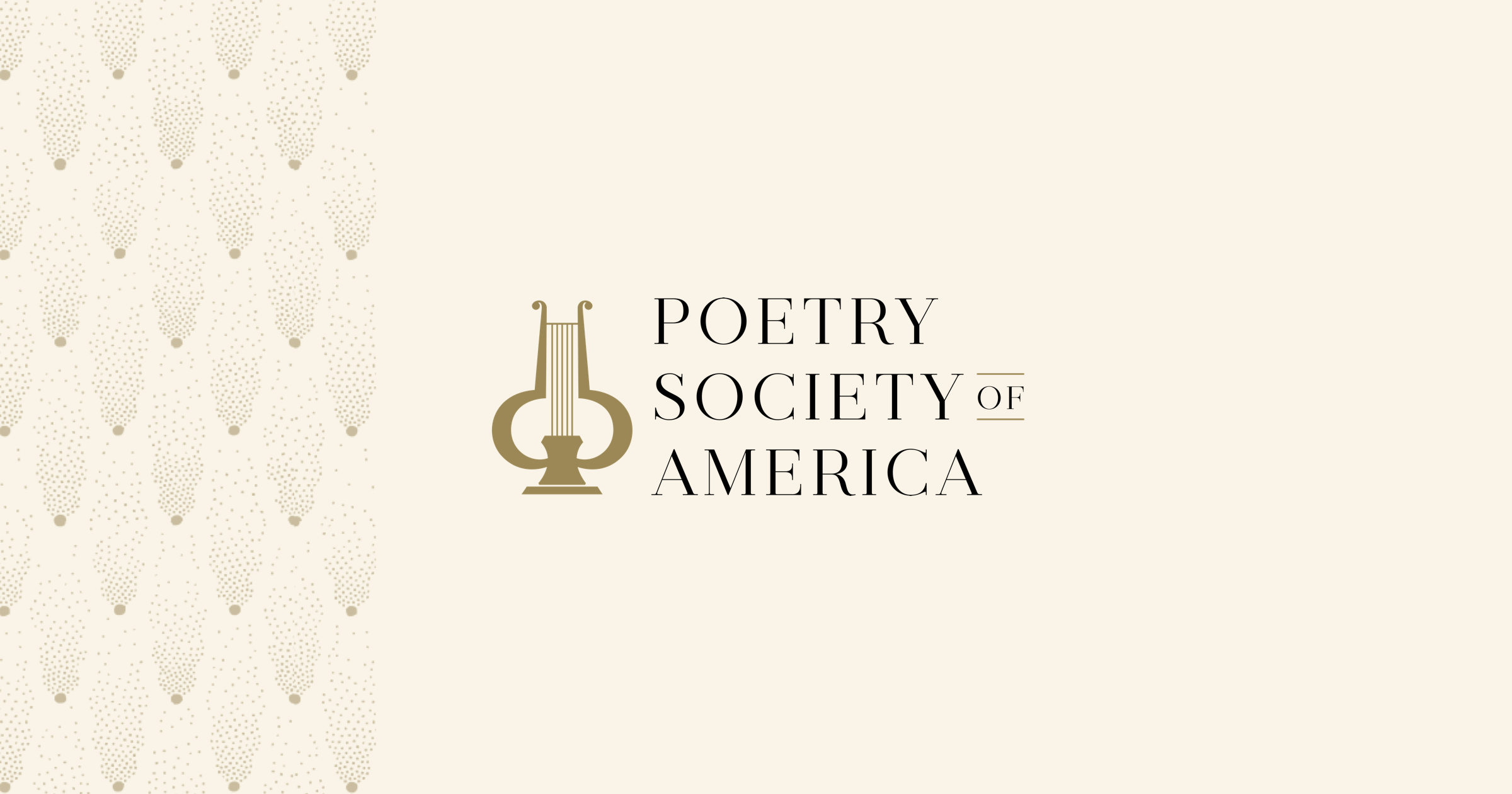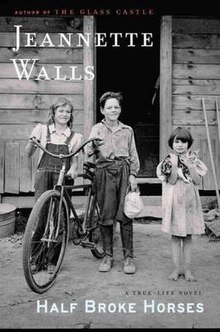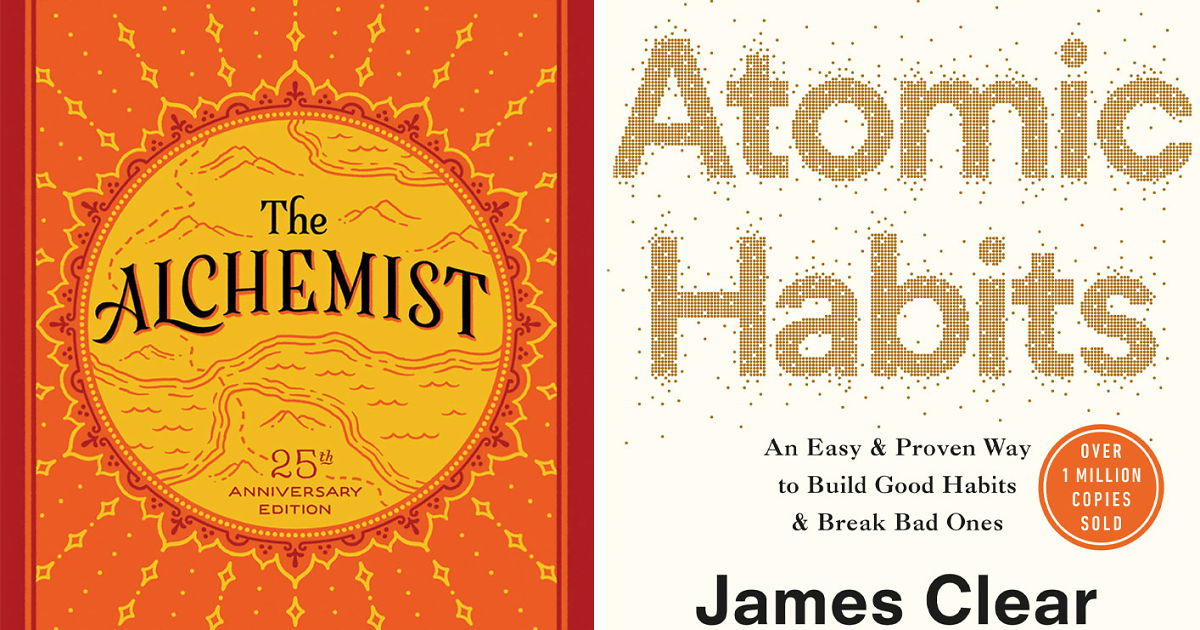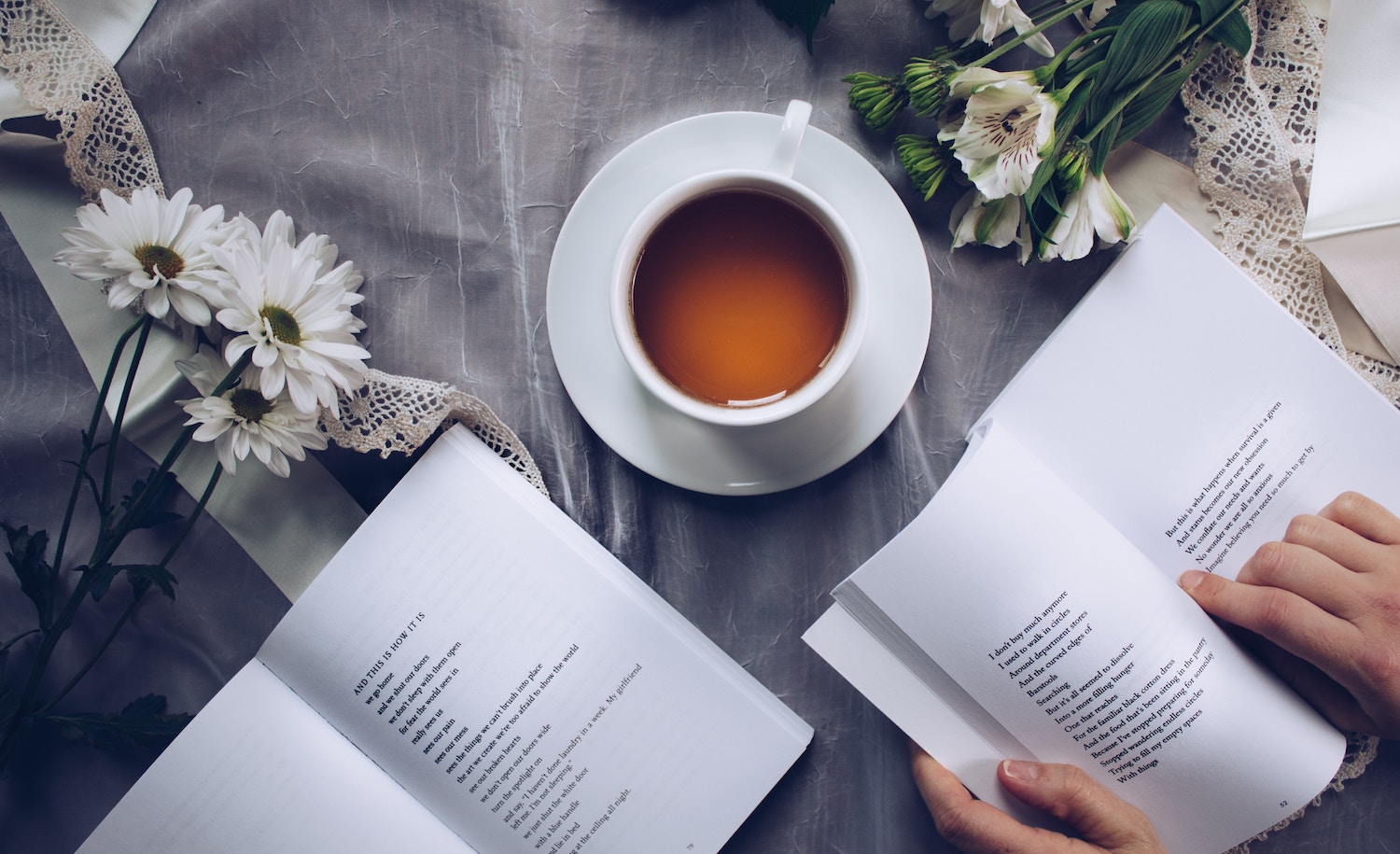“Books don't offer real escape, but they can stop a mind scratching itself raw.”
― David Mitchell, Cloud Atlas
― David Mitchell, Cloud Atlas
“Every time I read a great book I felt I was reading a kind of map, a treasure map, and the treasure I was being directed to was in actual fact myself. But each map was incomplete, and I would only locate the treasure if I read all the books, and so the process of finding my best self was an endless quest. And books themselves seemed to reflect this idea. Which is why the plot of every book ever can be boiled down to ‘someone is looking for something.’” —Matt Haig, Reasons to Stay Alive


Half Broke Horses | |
| Author | Jeannette Walls |
|---|---|
| Country | United States |
| Language | English |
| Genre | Novel |
| Publisher | Simon and Schuster, Inc. |
| Publication date | 2009 (hardcover) 2010 (paperback) |
| Pages | 288 (first edition) |
| Preceded by | The Glass Castle |



“Poetry expands the senses and keeps them in prime condition. It keeps you aware of your nose, your eye, your ear, your tongue, your hand.”
“We have our Arts so we won't die of Truth.”
― Ray Bradbury, Zen in the Art of Writing

 introvertdear.com
introvertdear.com

 introvertdear.com
introvertdear.com